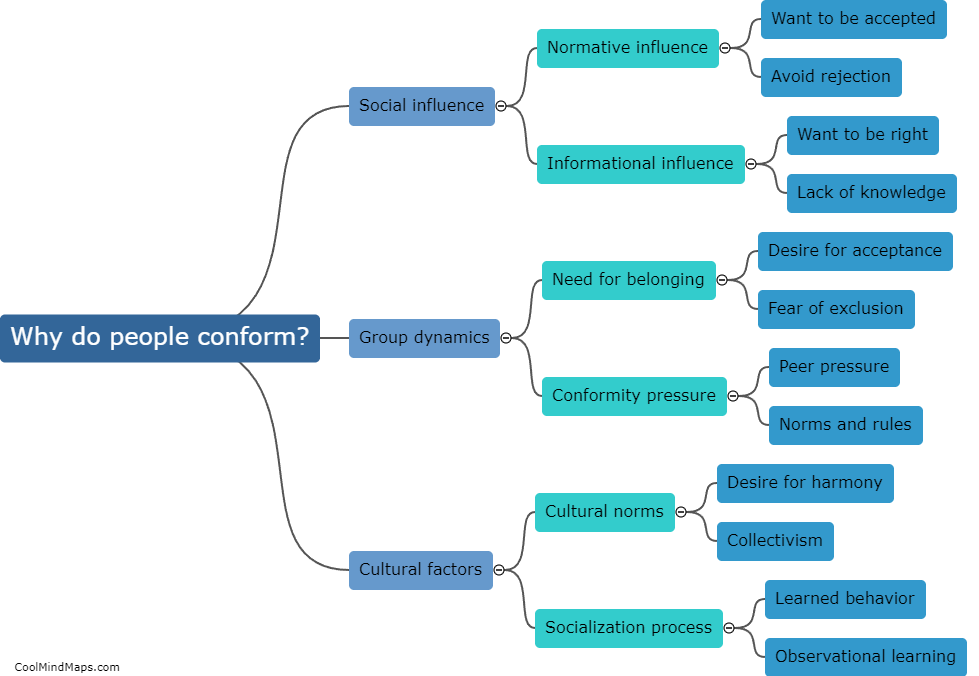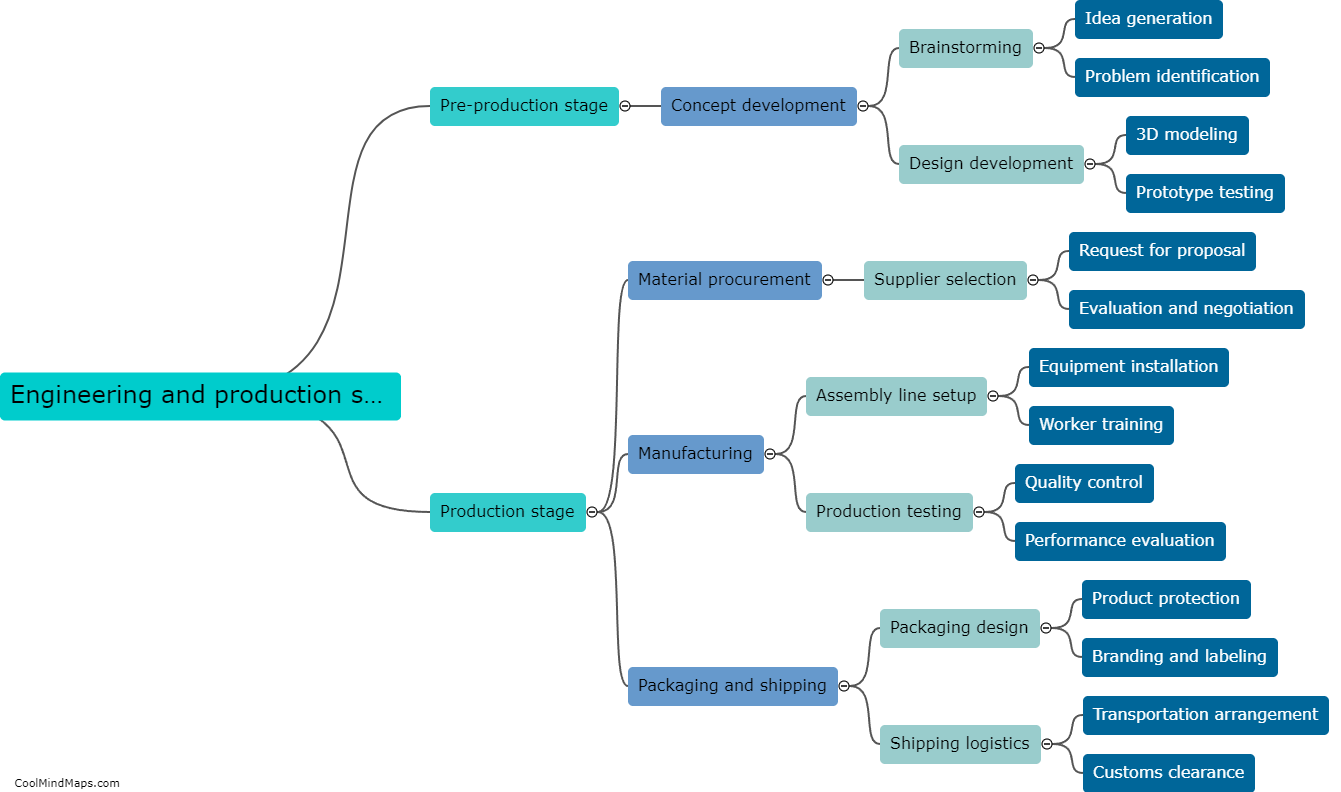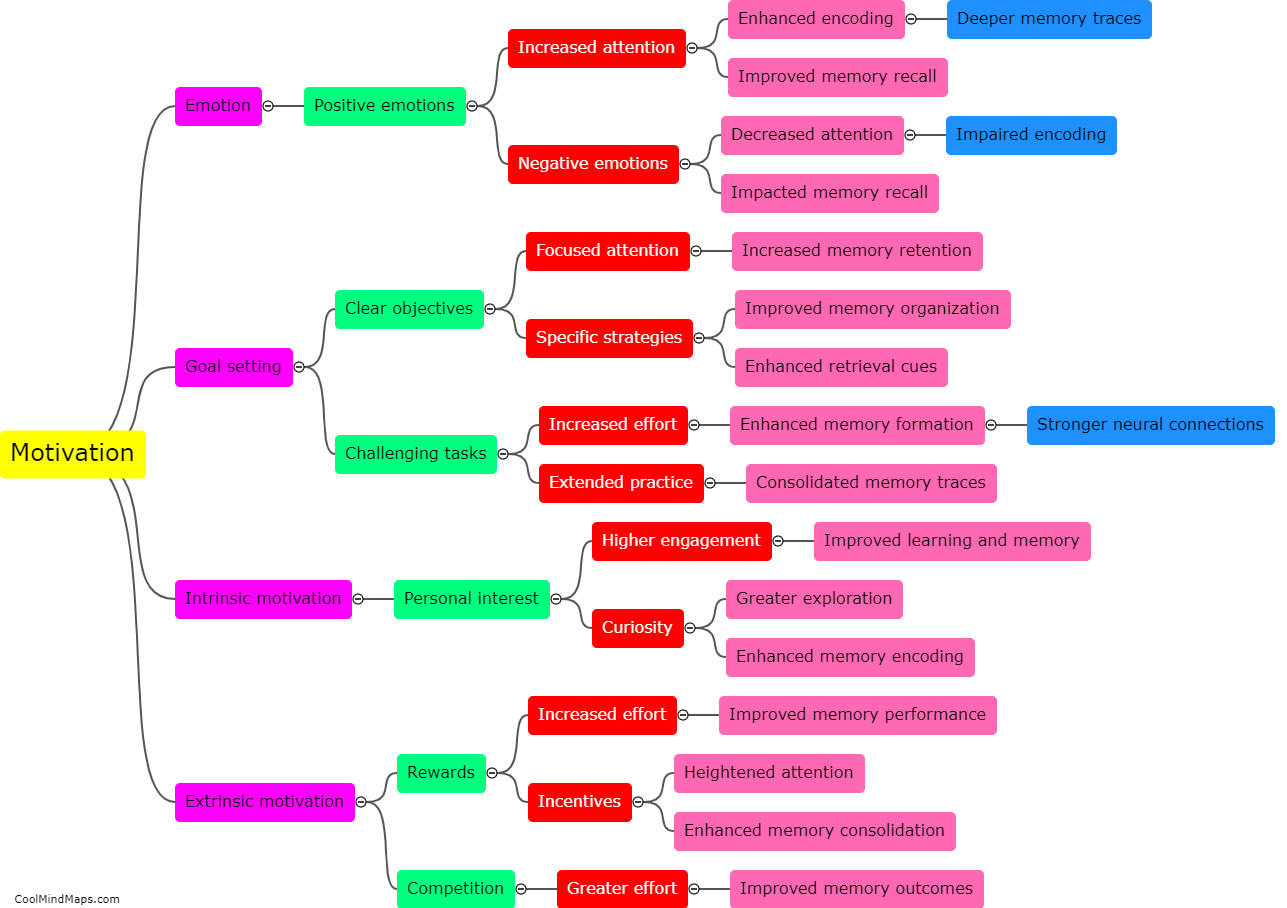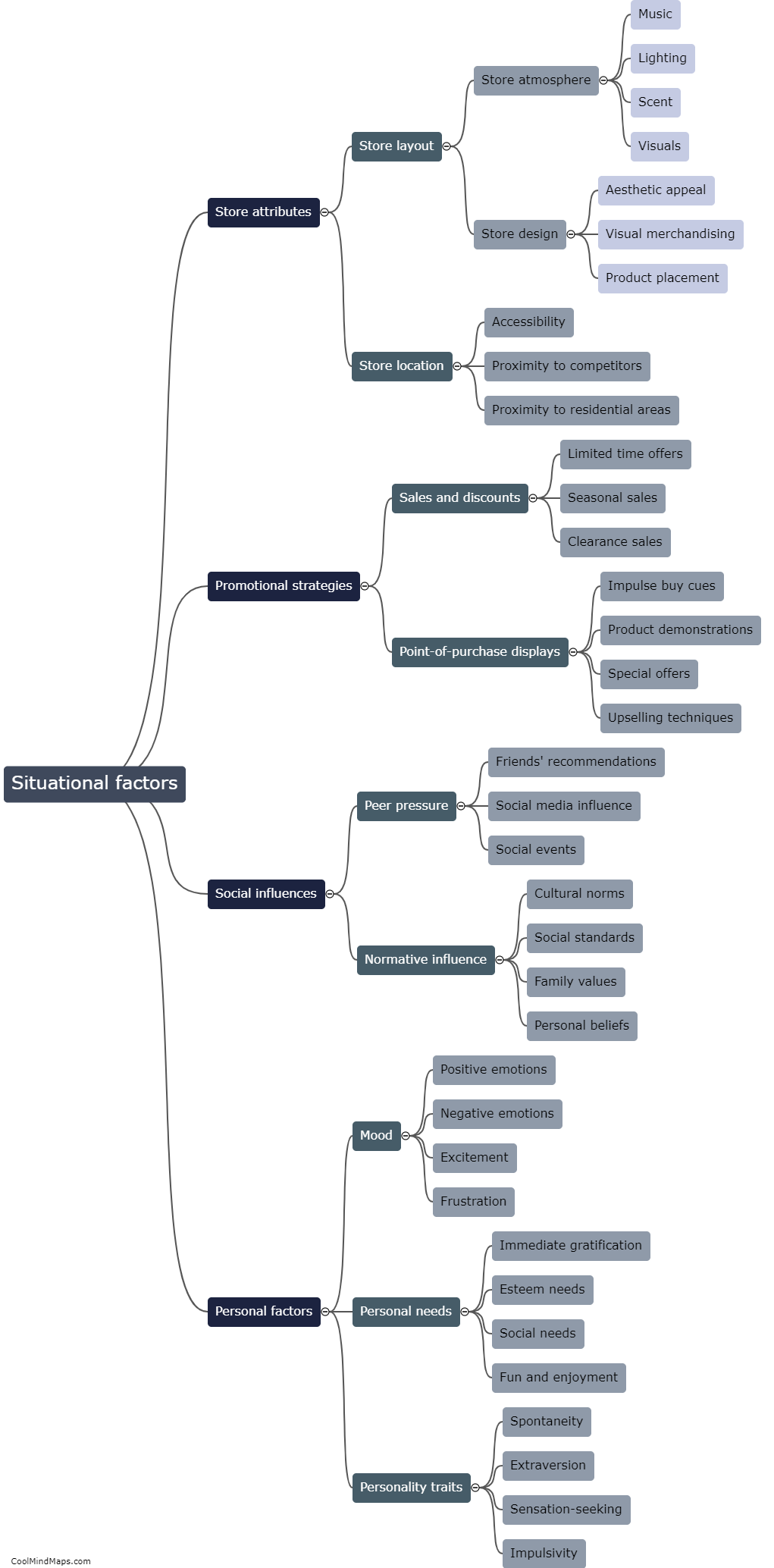How does David Hume define knowledge?
David Hume, the renowned Scottish philosopher, defines knowledge as the result of our perception and understanding of matters of fact and relations of ideas. According to Hume, matters of fact refer to empirical observations that can be verified through our senses, while relations of ideas encompass mathematical and logical propositions that are true by definition. Essentially, Hume believes that knowledge is derived from our experiences and reasoning abilities. He argues that knowledge is inherently probabilistic and based on the accumulation of evidence, rather than certain and absolute. Hume's approach to knowledge emphasizes the fallibility of human understanding and the importance of skepticism, as he believes that our beliefs should be constantly questioned and subjected to scrutiny.

This mind map was published on 8 September 2023 and has been viewed 91 times.











